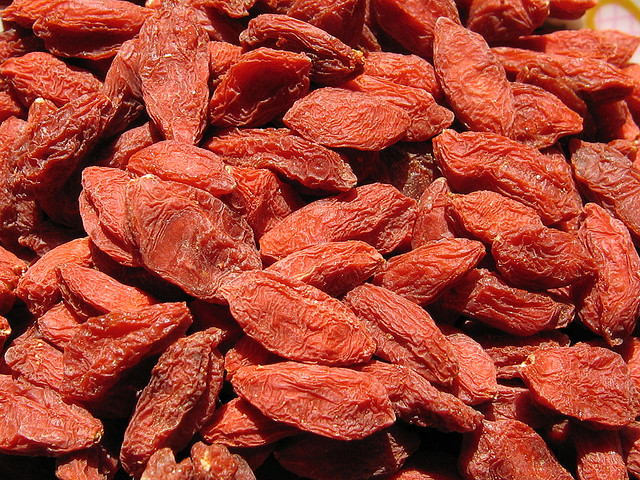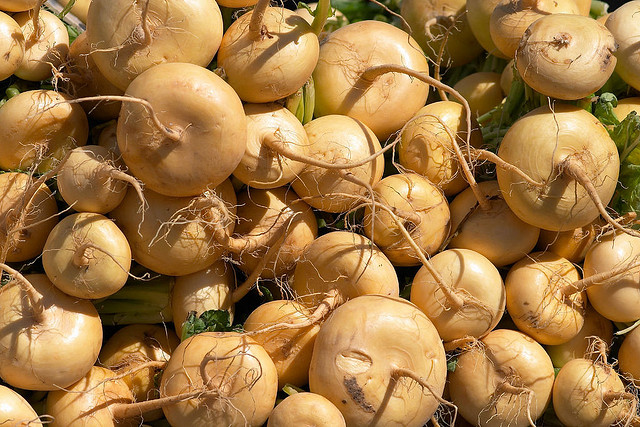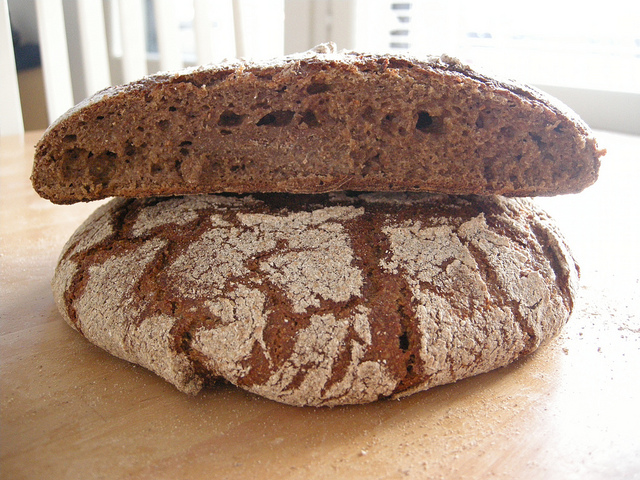Some foods (see: kale, açai berries, etc.) get all the respect and love; other foods are not given the praise they so rightly deserve; even when they’ve stood the test of time for many generations, and across cultures. I’m no food expert but I do believe in eating real food – good food – that nourishes your body and keeps you healthy. I also believe discipline and humility can be showcased by what we put in our bodies. Because whichever way you look at it, our bodies are important, and they deserve the very best care we can give them. Here are fifteen foods to start eating more of, to care of your body:
1. Brussels Sprouts
While I am a vegetable lover, in a typical Nigerian home, you most likely will not grow up eating Brussels sprouts. In the almost seventeen years I spent at home, and the numerous amounts of vegetables I consumed daily – Brussels Sprouts never made it to the plate. And while they can be an acquired taste, you can do just about anything with Brussel Srouts – roasted, boiled, add it to make certain kinds of salad, or as your vegetable side. They have cholesterol-lowering benefits, and are a good source of vitamin C, A, and K, and are also said to contain cancer-preventing properties.
2. Beets
I used to eat beets or “beetroot” a lot as a child. But it wasn’t until last year I remembered this wonderful plant and began consciously including it in my weekly meals. Being a great source of iron, it’s supposed to be good for all things blood-related: lower blood pressure, improved blood flow, etc. It also contains antioxidants in large quantities among other vitamins and minerals.
3. Goji Berries

When I started acupuncture for (running) pain relief, I was encouraged to eat more Goji berries to improve my blood flow and muscle recovery. While there are a lot of claims about what these berries do, some of which is not “scientifically proven,” Goji Berries have been used in a lot of Eastern medicinal remedies. They are packed with antioxidants, fiber, and are said to boost one’s immune system. I mostly eat them as a snack but they can be added to oatmeal, smoothies, and soups. These berries are a little pricey though, and are usually sold in very specific health food stores so they can be hard to find.
4. Sauerkraut
When I think of Sauerkraut, I don’t think of “health food” but I recently discovered this German staple has some amazing nutritional benefits. Literally meaning, “sour cabbage,” it’s mostly used as a side for meat-inspired meals. Little-known nutritional facts about Sauerkraut are that its probiotic nature means it’s good for gut health, and can also be a great ulcer treatment. If you’re going to go home-made, it may take a couple of weeks to prepare but it’s totally worth it!
5. Honey
Honey really should be the ruler of all sweeteners. It’s the only thing I’ll really add to hot tea, and my preferred sweetener for pancakes. Honey is wonderful for improving glycogen levels which is really good if you’re active, for recovery purposes. It’s good when you’re sick, it’s good for your skin because of its anti-bacterial properties, and is another probiotic food. But what I love most about honey is that it lasts FOREVER because a little bit goes a long way.
6. Ginger
I have a thing for ginger. I have a thing for ginger-flavored things, and I often see the look of disgust on people’s faces when I inform them of this. But give ginger a chance people! Traditionally used for anti-inflammatory effects, it has a ton of antioxidants, and is also a good immune booster. Add it to a stir fry, sauce, curry, animal proteins, and of course desserts.
7. Okro
Okro or Okra or “ladies fingers” is a must- have for when I’m making many Nigerian dishes. While I’ve noticed a lot of people in the States like it fried, I can’t get it to it quite as much. I think the most healthy way to eat them is in soups and sauces, but people can and do eat them as a raw snack as well. They’re amazing for your dietary fiber needs, promote good colon health, and are a good source of folic acid (which is good for pregnant women). Additionally, every West African grandmother will insist that it will make your skin glow and your hair shine brighter than the sun.
8. Turnips

You can thank my English influences for my insistence that you should get into turnips. A root vegetable that is probably one of the most forgettable foods, Turnip, I think is also an acquired taste. You can roast it, add it to salads, soups, and even make some great scrambled eggs with them. They’re a great source of calcium, potassium and magnesium, and also provide anti-inflammatory benefits.
9. Lentils
Lentils are an amazing source of protein and were my go-to back in my vegetarian days. I probably ate them five days a week at one point! But they’re not just good for protein, they’re also a great source of iron and fiber, making them wonderful for your digestive system. Of course, soups are the easiest way to go with lentils, but you can also add them to salads, and even make home-made vegetarian burgers with them.
10. Mushrooms
Another item that was my go-to as vegetarian, mushrooms can be easy to forget. And for a lot of people, mushrooms are a hit or miss, and even when they are a hit, they’re used sparingly, and mostly in a stir-fry or salad or eggs. But mushrooms are versatile and can be added to anything from a risotto to a quiche, in curry, as a mouth-watering appetizer in the form of stuffed mushrooms, and the list goes on and on. They’re also a great source of B complex vitamins, and numerous minerals.
11. Sardines
Sardines are yet another food I eat regularly that causes people to make “a face.” It’s probably a Nigerian thing as well, but I can eat sardines at any time of the day. Loaded with lots of protein and omeg-3 fatty acids, they also have low sodium content for a canned product. They make a good snack at any time of day, as well as great side for most meals.
12. Parsnip
Who even thinks of parsnip? Hardly anyone I know. I mentioned parsnip to someone last week and they looked at me like I was a three-eyed monster. But parsnips, like they’re closely related cousin, carrots, are wonderful vegetables. I personally love them cooked but you can also eat them raw or fried. They have tons of fiber and are good for lowering cholesterol levels and contain many notable B-complex vitamins.
13. Couscous
A staple in many North African countries, couscous is an often-forgotten grain. I say this as someone whose go-to grain will always be rice followed by quinoa. As a pure carb, a lot of misinformed health-conscious information can give couscous a bad name. Furthermore, if you get the whole-wheat kind, it’ll also have more fiber and protein benefits. Couscous is a great source of potassium, and functions to regulate your muscles as well as to help them recover.
14. Coconut Milk
Here’s the thing, and I know I will get a lot of gasps for this one: I don’t really care for dairy. And I mean most of the entire food group. I could easily live without it and I mostly do. But milk is one of those things you have to have in some shape or form because you’ll need it for something eventually. And while I rode the almond milk train for a while, I switched to coconut milk this year and prefer it. While I am in the camp of people who thinks milk (like most dairy) should be consumed sparingly, coconut milk is rich in fiber, iron, and B-complex vitamins. Mostly, I just use it as a base for my smoothies though and it’s wonderful!
15. Rye

One of my favorite places in Chicago is an Austrian bakery in my Lincoln Park neighborhood, which were it not for various factors – including laziness – would probably be the death of me because everything there is amazing. Upon hearing that I don’t eat much bread in general anymore, last year, the owner introduced me to the wonders of rye. High in fiber, rye is often more satisfying so you need fewer quantities to fee fuller; it is good for your cardiovascular health, and it also regulates blood sugar activity. No, you still can’t consume rye bread like there’s no tomorrow, but if you’re tired of wheat or just not much of a bread-eater, rye is definitely the way to go! ![]()





